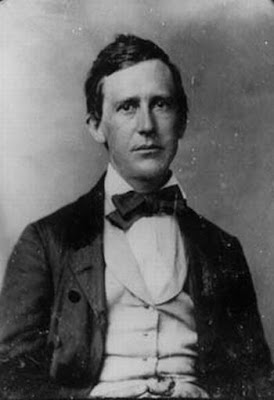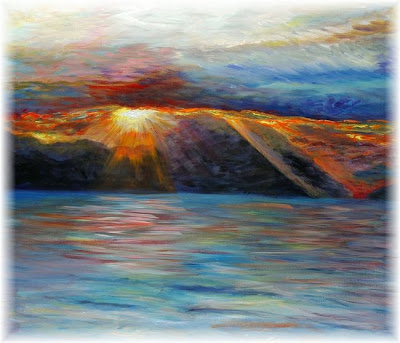
from
Self-Portrait in a Convex Mirror by
John Ashbery
As Parmigianino did it, the right hand
Bigger than the head, thrust at the viewer
And swerving easily away, as though to protect
What it advertises. A few leaded panes, old beams,
Fur, pleated muslin, a coral ring run together
In a movement supporting the face, which swims
Toward and away like the hand
Except that it is in repose. It is what is
Sequestered. Vasari says, "Francesco one day set himself
To take his own portrait, looking at himself from that purpose
In a convex mirror, such as is used by barbers . . .
He accordingly caused a ball of wood to be made
By a turner, and having divided it in half and
Brought it to the size of the mirror, he set himself
With great art to copy all that he saw in the glass,"
Chiefly his reflection, of which the portrait
Is the reflection once removed.
The glass chose to reflect only what he saw
Which was enough for his purpose: his image
Glazed, embalmed, projected at a 180-degree angle.
The time of day or the density of the light
Adhering to the face keeps it
Lively and intact in a recurring wave
Of arrival. The soul establishes itself.
But how far can it swim out through the eyes
And still return safely to its nest?































